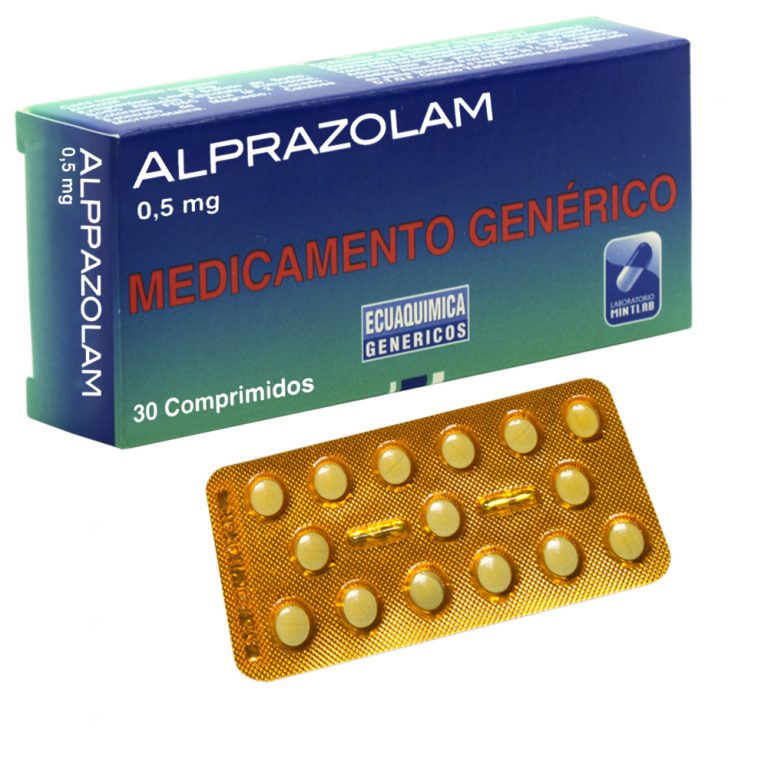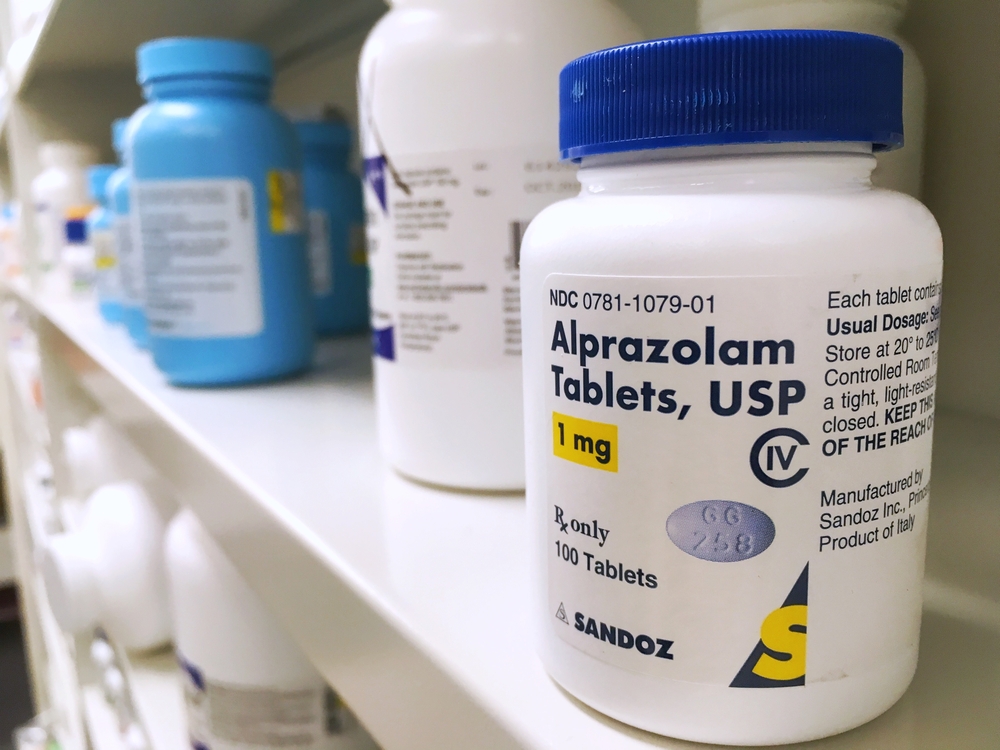


Death and serious illness rarely result from benzodiazepine abuse alone however, they are frequently taken with either alcohol or other medications. They can be chronically abused or, as seen more commonly in hospital emergency departments, intentionally or accidentally taken in overdose.

This abuse is partially related to the toxic effects that they produce and also to their widespread availability. Long-acting - Chlordiazepoxide ( Librium), diazepam (Valium), Clonazepam (Klonopin)īenzodiazepines are commonly abused. Short-acting - Alprazolam (Xanax), lorazepam ( Ativan) Ultra-short acting - Midazolam ( Versed), triazolam ( Halcion) They are usually classified by how long their effects last. Given before an anesthetic (such as before surgery)īenzodiazepines act on the central nervous system, produce sedation and muscle relaxation, and lower anxiety levels.Īlthough more than 2,000 different benzodiazepines have been produced, only about 15 are currently FDA-approved in the United States.Inducing amnesia for uncomfortable procedures.Taking too much and running out of the prescription, being overly focused on when you can take the next one and feeling you can’t live without it might also be signs of a problem.ĭoctors may prescribe a benzodiazepine for the following legitimate medical conditions: Sometimes people who have prescriptions misuse their medications, as well. When people without prescriptions obtain and take these drugs for their sedating effects, use turns into abuse. They are some of the most commonly prescribed medications in the United States. Benzodiazepines are a type of medication known as tranquilizers.

Left untreated, abusing these drugs can negatively impact your relationships, career, and your physical and emotional health. Benzodiazepine abuse is more common than you may think.


 0 kommentar(er)
0 kommentar(er)
